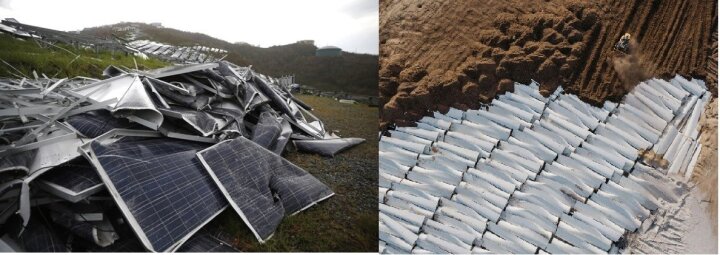I wonder if any of the advocates of these bans are even remotely aware that LNG isn't just used for cooking stoves, but it's also the primary energy source for hvac (heating and cooling), water heating (tankless/on demand systems), and backup/emergency power generation. And by primary, I mean 80-90% of all industrial & commercial buildings
of all the commercial heating methods, LNG is the most efficient & cost effective; whereas electric furnaces & electric baseboard heating are the least efficient and most expensive
gas stoves are 300% more energy efficient than electric stoves, and they're quicker as far as heat up and cool down times; they're also simpler & last longer than electric stoves.
Electric is fine in rural areas, where energy production is abundant & usage low, and the grid load is minimal & consistent. It becomes problematic in urban areas where energy supply can barely keep up with demand, and massive load shifts (like a bunch of AC units all turning on at the same time) completely overwhelm powerlines and substations (they simply can't react quick enough to maintain current), hence brownouts/blackouts; or the lines themselves can't carry the required current (this is why your breakers trip when you try to run something that requires a lot of power on a long extension cord, especially multiple tools/appliances on a splitter/single receptacle)
There simply isn't enough electrical power available to make 100% electric practical. And "green" energies like wind and solar don't counteract any of the shortfalls either. Hydro, Nuclear, Coal, LNG, etc. power plants rarely run at 100% capacity all the time, they keep turbines/generators in reserve for redundancy and increased demand/peak loading (i.e. they can "ramp up" production to meet energy demands on a grid)
for all intensive purposes, solar and wind operate at 100% all the time, contingent on available sunlight & wind, there is no self contained redundancy nor power available for increased loads (instead they buy power from competitors that use alternate energies, & usually at a premium). And other than hydroelectric & pumped storage hydropower (pumping water into a reservoir to use in gravity turbines later), there is no efficient means of storing "green" energy. Batteries are too size & cost prohibitive to use on a large scale, nor posses the required discharge rates for large scale usage/demand.
In the end, New Yorkers will pay more for more unreliable power, experience more brownouts/blackouts; and that LNG that they refuse to burn will just be sold & burnt elsewhere (which may actually reduce LNG prices for the rest of us), and while New York politicians are patting themselves on the back and expecting gratitude from their subordinates for "saving the world", they'll be selling their subsidized oil & natural gas that they no longer use, to other states, and make millions in the process...

















